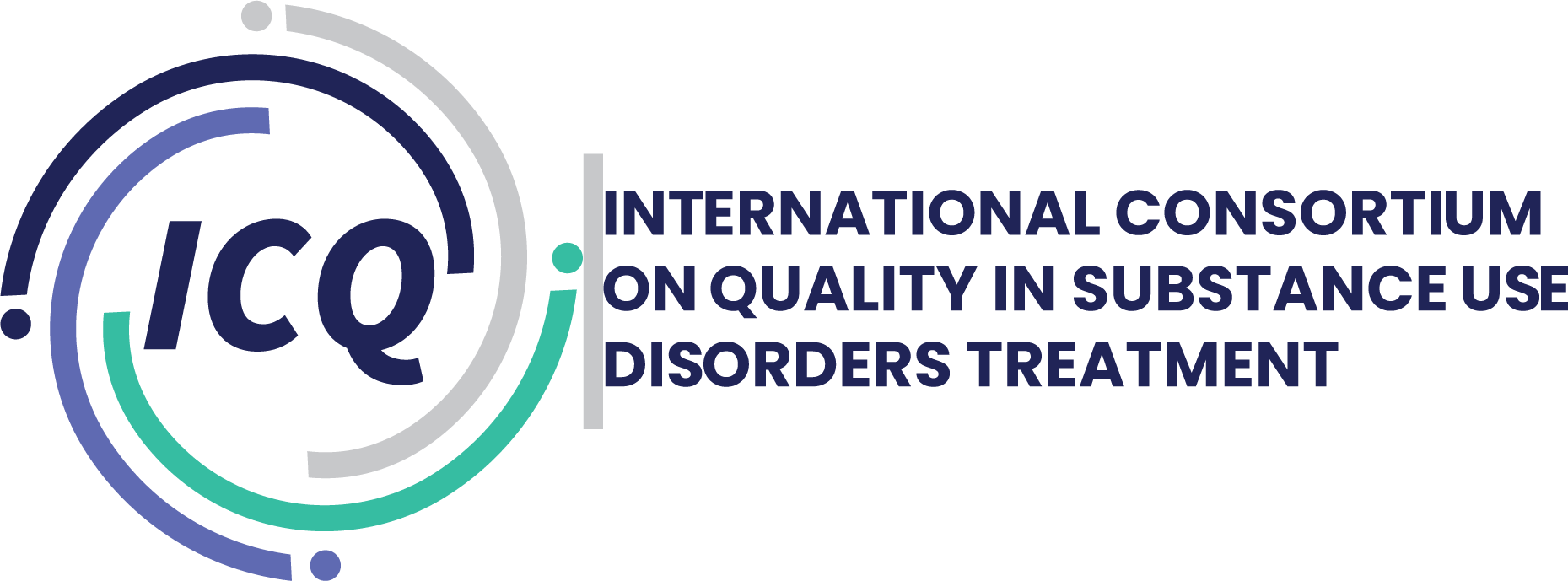Applying interventions designed to reduce and manage the symptoms of substance use disorders.
Treatment
ATI - Alternatives to Incarceration Systems: Treatment Interventions for Persons with Substance Use Disorders Who are in Contact with the Criminal Justice System, Day 2, Track 3, 09:00-10:30
Presented as part of the Uniting the global community to face the challenge of addiction event, in-person on 13th May, 2022
ITTC Network, Day 2, Track 2, 11:00-12:30
Presented as part of the Uniting the global community to face the challenge of addiction event, in-person on 13th May, 2022
Keynote Speakers - WHO & UNODC and ICQ Official Launch, Day 2, Track 1, 08:00-09:00
Presented as part of the Uniting the global community to face the challenge of addiction event, in-person on 13th May, 2022
Treatment, Day 1, Track 3, 15:30 -17:00
Presented as part of the Uniting the global community to face the challenge of addiction event, in-person on 12th May, 2022
NRC International Partners, Day 1, Track 3, 13:30-15:00
Presented as part of the Uniting the global community to face the challenge of addiction event, in-person on 12th May, 2022 Presentations: CBD for Treating Neuropsychiatric Complications of COVID-19 and Role of Addiction Physician - Dr...
Treatment, Day 1, Track 3, 11:00-12:30
Presented as part of the Uniting the global community to face the challenge of addiction event, in-person on 12th May,2022
Characterising smoking and smoking cessation attempts by risk of alcohol dependence: A representative, cross-sectional study of adults in England between 2014-2021
Summary Background There is a strong shared association between smoking tobacco and drinking alcohol. This study aimed to compare smoking prevalence and smoking characteristics in drinkers who were versus were not at risk of alcohol...
Inaugural Ceremony of Drug Rehab Centre
Inaugural Ceremony of Drug Rehab Centre Syed Zulfiqar Hussain, Consultant/Expert, Anti Drugs Narcotics Campaign inaugurated 2nd Branch Focus Rehab Center Gulberg III Lahore with Motivational speaker Syed Qasim Ali Shah, Dr. Ahsan ul Haq...

Trends in Cannabis Polysubstance Use During Early Pregnancy Among Patients in a Large Health Care System in Northern California
Abstract Importance Rates of prenatal cannabis use are increasing alongside perceptions that cannabis is a harmless therapeutic for pregnancy-related ailments, while rates of prenatal use of alcohol and tobacco are decreasing. It is...
Addiction Practitioners Forum
The ADDICTION Practitioners Forum 2022 will be held online.
